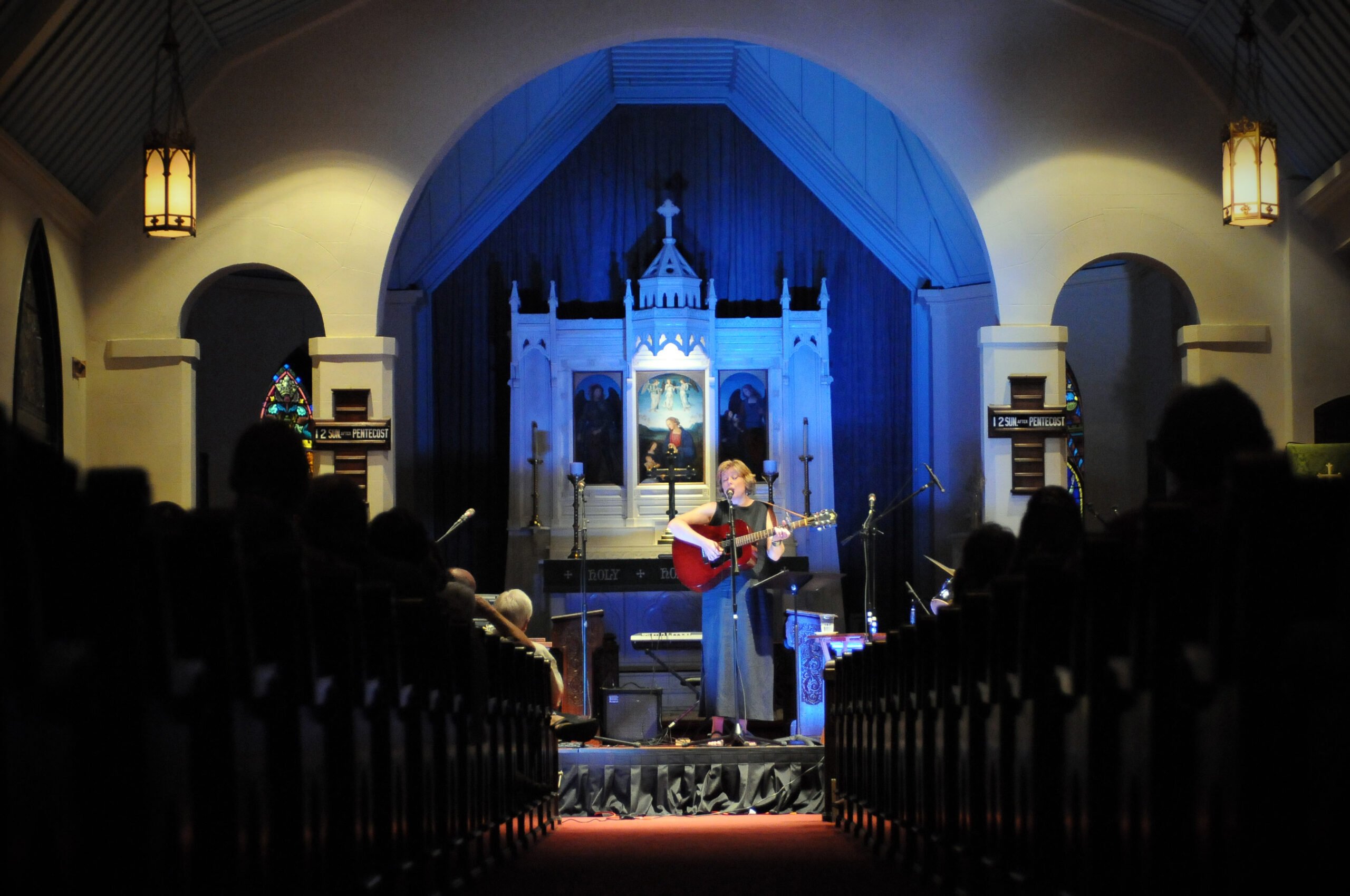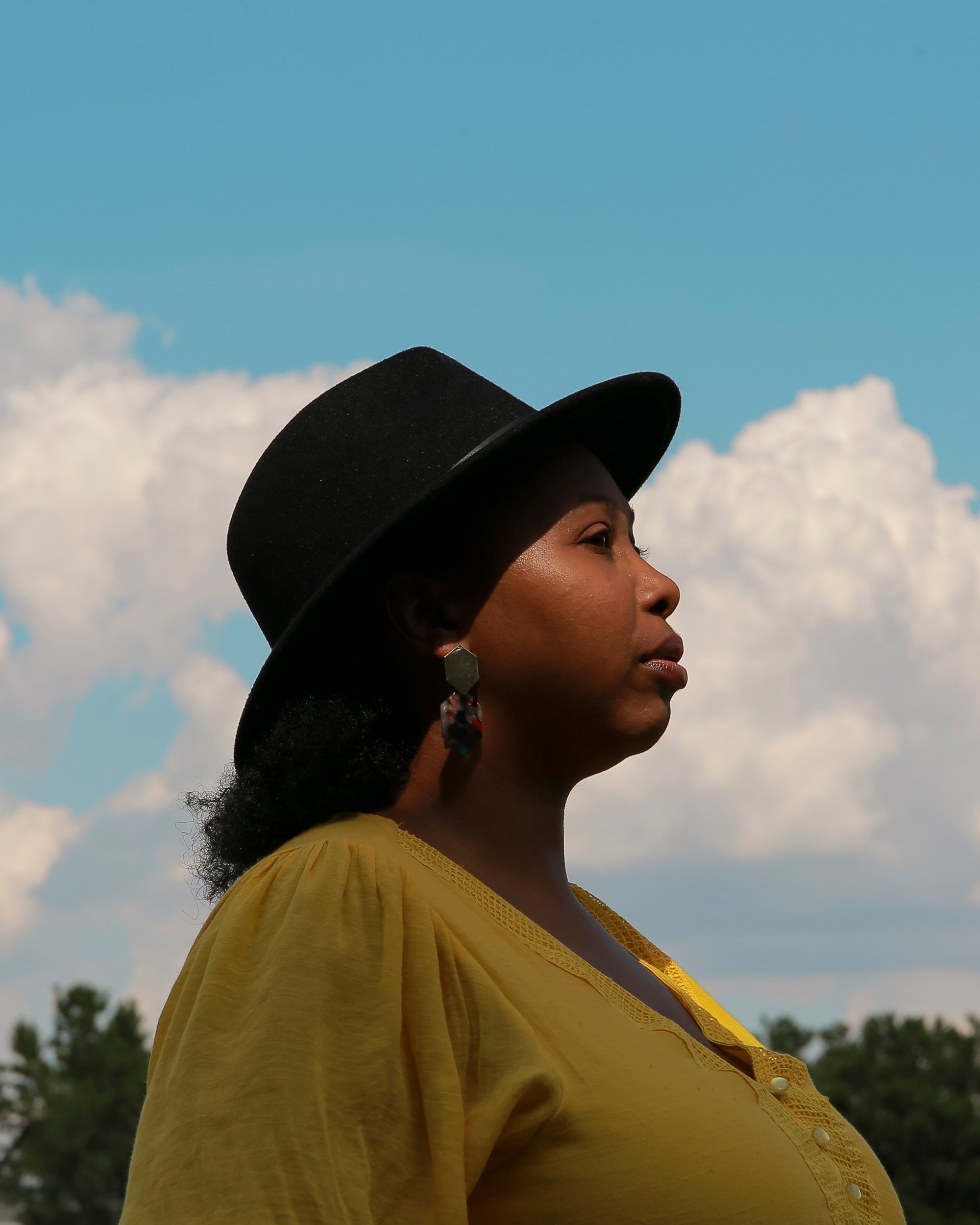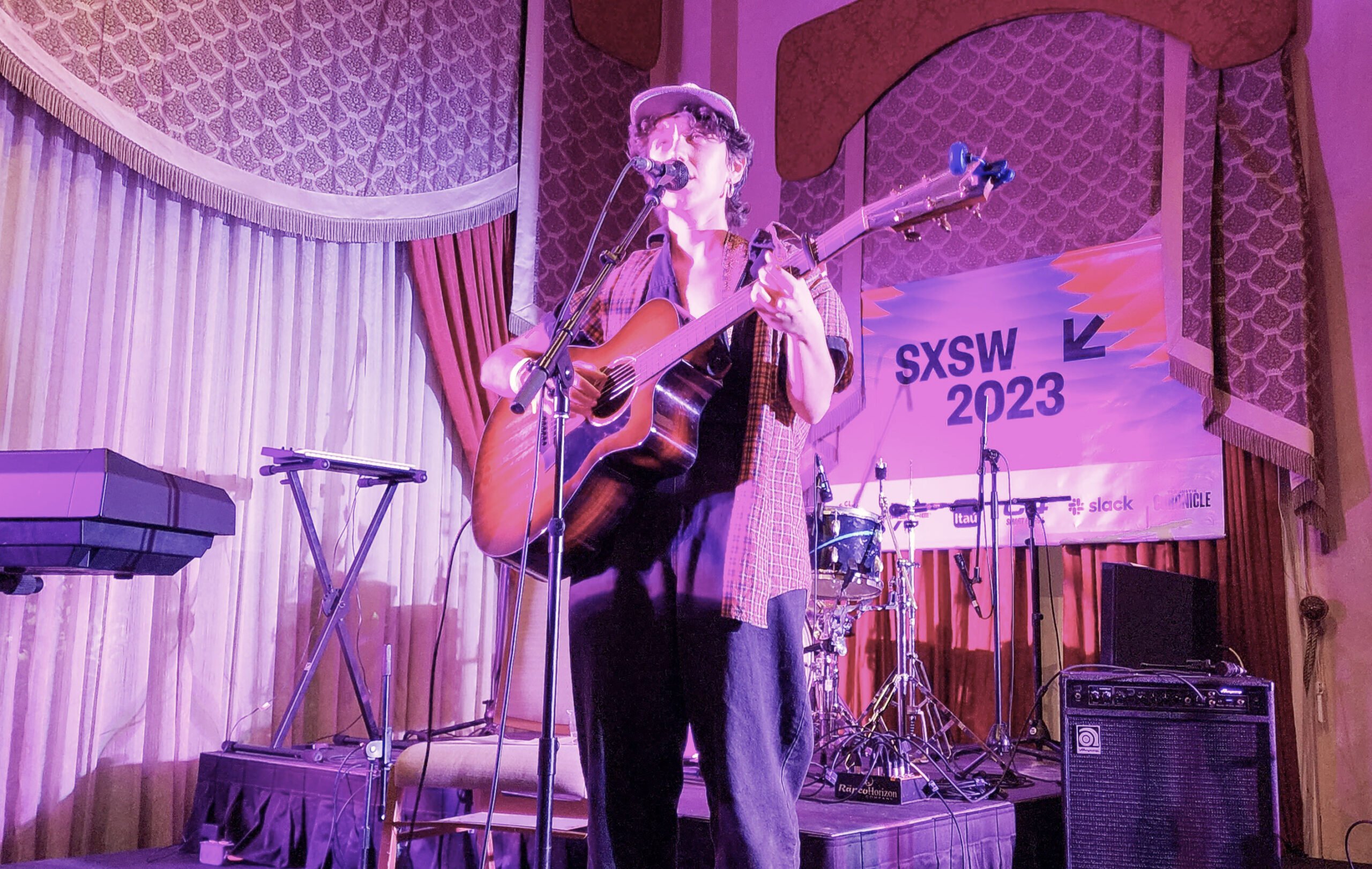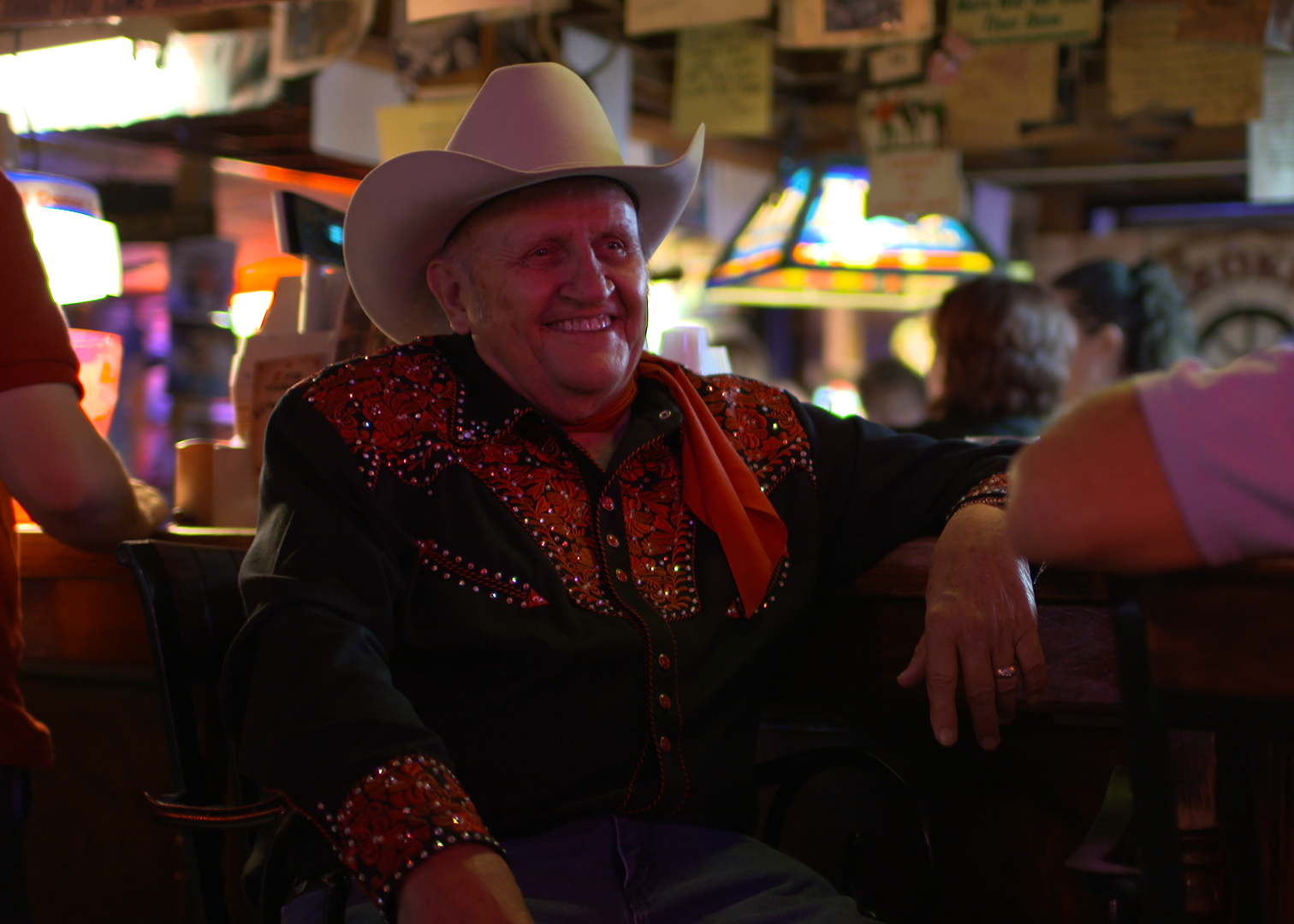
Dance Hall Doc Takes Filmgoers to ‘Honky Tonk Heaven’
The film touches on the effects of Austin's economic boom, but focuses on the music that made the Broken Spoke famous.
Honky Tonk Heaven: Legend of the Broken Spoke is historical and cultural preservation through documentary.
Austin is currently booming, and there’s a justified fear, as high-rises fill downtown and once-sleepy streets like South Lamar become crowded with apartments, that the city’s most beloved landmarks won’t always be around. The famous South Austin honky tonk, the Broken Spoke, is among the icons that have faced existential uncertainty, and as its 50th anniversary rolled around in 2014, Brenda Greene Mitchell and Sam Wainwright Douglas set out to document the venue’s history.
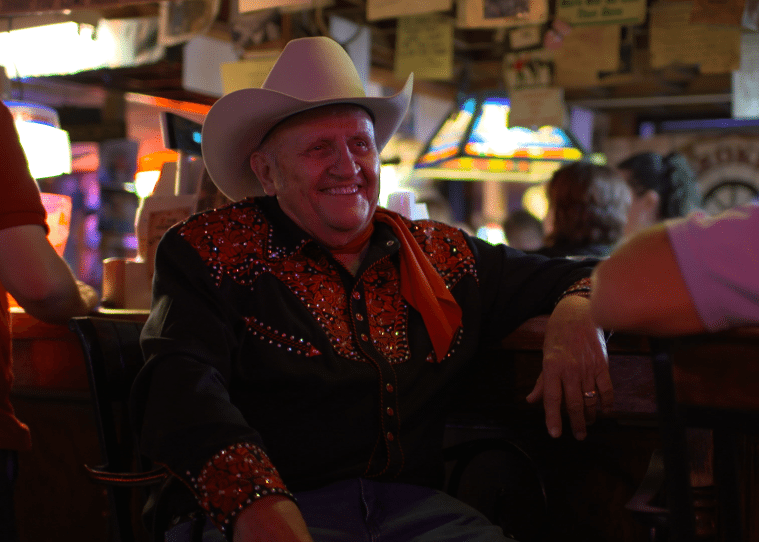
Honky Tonk Heaven, which premiered Sunday at the SXSW Film festival, explores the history of the Spoke and its rich musical heritage through a long chain of interviews. Generations of country music icons — Bob Wills, Ernest Tubb, George Strait and a clean-shaven Willie Nelson, to name a few — have performed on the venue’s low stage.
“The last of the true Texas dance halls and damn sure proud of it!” is the tagline devised by James White, who owns the Broken Spoke with his wife Annetta. The couple takes special care of one of the last places Austinites can still go to dance to the two-steps, country waltzes and polkas that once made up the social heart of rural Texas communities.
Honky Tonk Heaven turns to the artists who’ve played the Spoke to attest to the venue’s special status in Austin and the wider world of country music. Recent performances and shots of the dance floor in full swing offer breaks from talking heads, but the warm sentimentality of the interviews does eventually become repetitive.
The film shines when it follows the Whites. Their recollections of Texas dance hall culture and the contributions they’ve made to the local music scene are strong testaments to why places like the Spoke matter.
The film touches on the economic forces and population growth behind the changes to Austin’s crane-filled skyline and the mixed-use developments that now surround the dance hall, with interviewees arguing that the city’s cultural institutions deserve more attention and protection from policymakers. However, the film is more interested in the Spoke’s history than deeply engaging with an examination of gentrification or advocating for policy changes. At its heart, this is a music documentary, not a political one.
Apart from being an enjoyable film for anyone who’s learned to two-step at the Spoke or grown up listening to the country legends that played there, the film shows a part of Central Texas heritage that thrived before urban business hubs and mixed-use playgrounds took over cattle ranches and shuttered music venues. All that could be forgotten without people like James and Annetta White, and documentaries like Honky Tonk Heaven.
